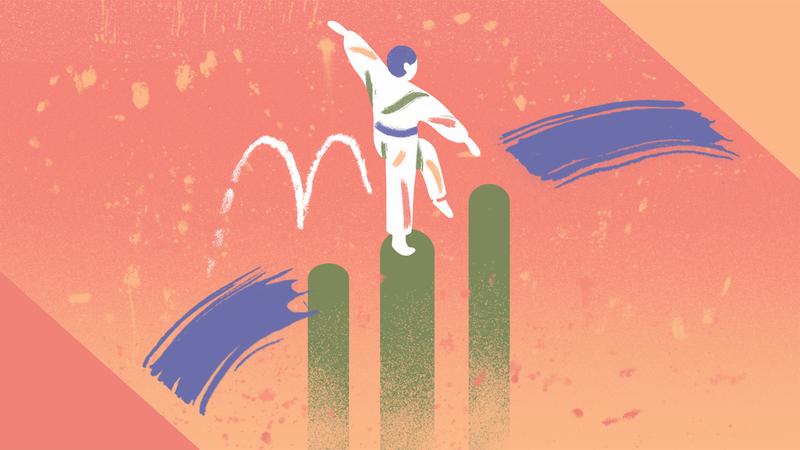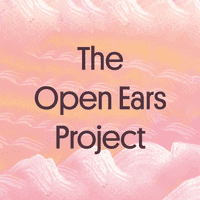The Open Ears Project - Episode Eleven: On American Beauty
SAM MENDES: American Beauty was my first film. I remember driving around LA for the first time in my car listening to this music over and over trying to get myself in the headspace to make a movie about American Suburbia, and I'd never spent any time in American Suburbia myself, it was completely alien and here was this piece of European classical music that somehow spoke to a different world and a different environment and I found it genuinely inspiring and there aren't many pieces of music you can say that about.
Hi, I'm Sam Mendes, and I direct movies and plays and I've chosen this piece by Carl Orff.
Music is a huge part of my life. Music defies language in so many ways, it's one of its joys is that it takes words and direct meaning, narrative out of the equation.
It's also the fastest way to generate emotion. Sometimes you don't deserve the emotion it generates. Sometimes it's the quickest way to dissipate emotion.
And listening to it... I feel strangely nostalgic for a time before I've made any films. It was a new discovery. And It was one of the happiest and most remarkable times of my life and this music reminds me of it.
When you make a movie and you do a rough cut you put a temporary score on it. In part it's a way of explaining how you want the movie the music in the movie to be mapped: When does it start? When does it finish? When does it come in?
Most of the time, actually it doesn't work in the way that you imagine, the image demand something else but this is one of those rare occasions when it seemed to stick to the image like glue.
And you then play it to your composer, in this case Thomas Newman, he did do his own version of it, which is quite independent of this. The dryness of the sound and in the Orff, the crispness of the hits of the xylophone the kind of... friskiness of it is there. But Tom has had added tones percussion a different kind of soundscape that lies beyond that which links and unifies the rest of the score.
[START AMERICAN BEAUTY CLIP]
KEVIN SPACEY: My name is Lester Burnham. This is my neighborhood; this is my street; this is my life. I am 42 years old; in less than a year I will be dead.
[END AMERICAN BEAUTY CLIP]
SAM MENDES: American beauty is in many ways an undeniably strange film It's a combination of so many different things coming from so many different directions, it comes right at the beginning when you put imagery that you feel in some ways you've seen before a suburban houses suburban street a man getting out of bed in his dressing gown on looking out of the window.
You put it against music that is entirely unexpected and that orchestration of dissonances exist throughout the movie.
It was an American theme and a great script by an American writer and a European director with a different set of cultural references. those two things coexist in this piece.
So when I first saw the opening sequence and put it to this music, I was thinking it works in that frankly surprised, almost shocked way, because I sort of didn't know that it would but in that moment, I knew this movie is going to be something I didn't know what but I knew it was going to somehow stand out from the pack.
And that all came from dear old Carl Orff. So wherever you are Carl, thank you.
CBH: Sam Mendes got me thinking there, are there tracks that get you in the perfect creative framework for a project that you’re working on, or some favorite film music you want to share from us. We love hearing from you, we’re on social media, you can use the hashtag open ears project or hit me up at clemencybh. Sam Mendes chose Carl Orff’s Gassanhauer from Schulwerk, and as always you can hear it coming up right now, it takes three minutes of your day.
Copyright © 2019 New York Public Radio. All rights reserved. Visit our website terms of use at www.wnyc.org for further information. New York Public Radio transcripts are created on a rush deadline, often by contractors. This text may not be in its final form and may be updated or revised in the future. Accuracy and availability may vary. The authoritative record of New York Public Radio’s programming is the audio record. Note: The copyright date for any new transcripts should reflect the year the transcript is created. Also, for transcripts being created now for shows in the past, and send out or posted now, the language should be on the transcript (again, with the copyright date the transcript was created). For example, any transcripts created between now and the end of the year would have the copyright date of 2019, even if the show was made in 2018.

